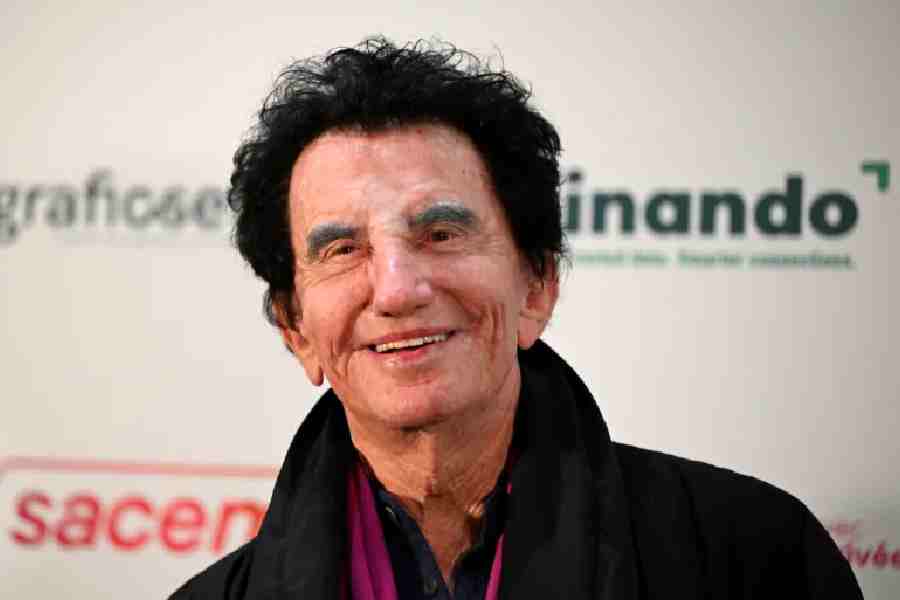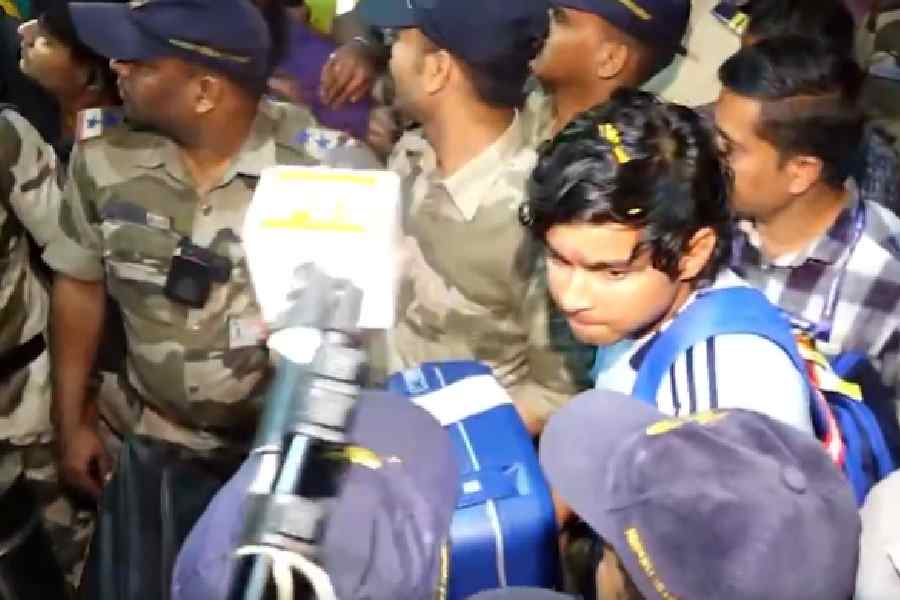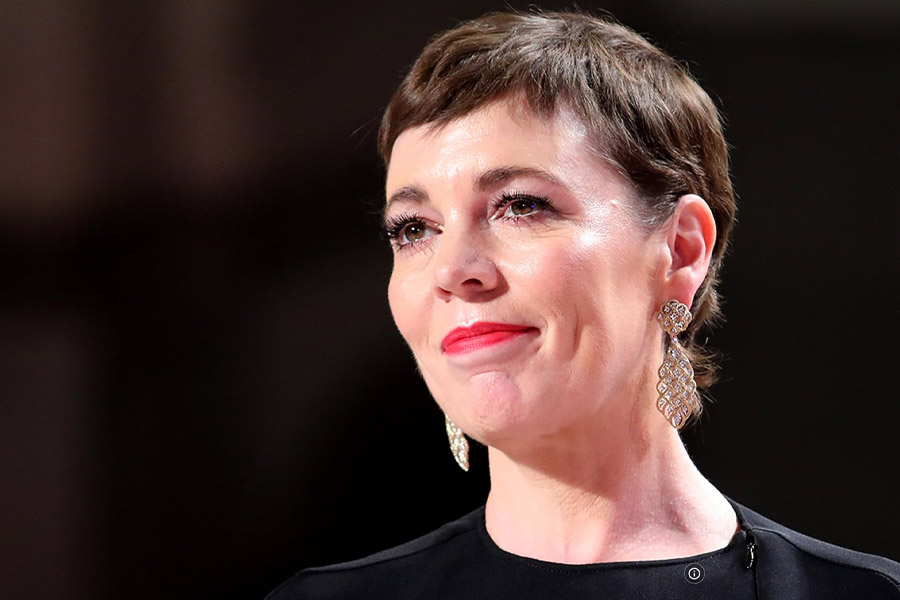Chennai, Nov. 5: Days after vociferously opposing and voting against the Bill to ban conversions, the Pattali Makkal Katchi (PMK) — a powerful votary of the OBC Vanniyars — appears to have gone on the backfoot to placate ally BJP.
The BJP’s state unit and other Sangh parivar outfits have slammed DMK leader M. Karunanidhi for his recent “anti-Hindu remarks”.
If the DMK-PMK coordination in the House along with the Congress against the conversion ban sought to sow the seeds of a fresh OBC-Dalits-minorities axis, a resolution passed by the PMK’s Chennai district unit here yesterday has taken political observers by surprise.
At the meeting attended by minister of state for railways A.K. Murthy, who is the PMK’s nominee in the Vajpayee Cabinet, the resolution adopted urged the state government to amend the law “in a manner that ensured adequate safeguards to the minorities and protected the Hindus interests at the same time”.
This is a climbdown from the party’s position that the anti-conversion law was unwarranted and should be rescinded. It was aimed at keeping the BJP in good humour.
BJP president Venkaiah Naidu and Union law minister Jana Krishnamurthi have endorsed the ban enforced by Jayalalithaa and stressed the need for a similar law in other states.
Political circles said that the PMK has much to gain by being in the Union ministry — after the late O.V. Alagesan of the Congress, A.K. Murthy is the first minister from Tamil Nadu in 37 years in the railways. He is on a development-spend spree, even suggesting a new railway line between Chennai and Pondicherry along the East Coast. The party would, therefore, not like to antagonise the BJP.
However, PMK president G.K.Mani told The Telegraph in Dharmapuri today that there was no change in the PMK’s stand that the new law prohibiting conversions by force or fraudulent means should be withdrawn. Mani had attended the district party unit meeting yesterday.
Asserting that the PMK’s commitment to social justice implied ensuring the interests of the backward classes, the Dalits and the minorities, Mani said: “Down below, our district unit has only chosen a different language to say what we mean to say.” The PMK believed the law was “uncalled for” as it could polarise people on religious lines in Tamil Nadu where Periyar had fought for social justice.
“We at the leadership level speak firmly against the new law, but down below party cadre express the same thought in a different way,” Mani said, glossing over the fact that a call for amending the law was different from asking for the law to be “withdrawn”.
Mani denied political compulsions behind this semantic jugglery. “As a constituent of the BJP-led NDA, we only go by the national agenda for governance, but individual parties have their own stands on various issues,” he said.
Political observers say the PMK does not want to be identified with a hard line, unlike the DMK. The DMK received a drubbing at the hands of the BJP MLAs in the House during the debate on the Bill over Karunanidhi’s remark at a rally in Chennai that one of the meanings of the word “Hindu” was “thief”.
As the DMK and the BJP remain locked in a slanging match, it seems all but over between the two parties, a scenario the PMK wishes to avoid.











